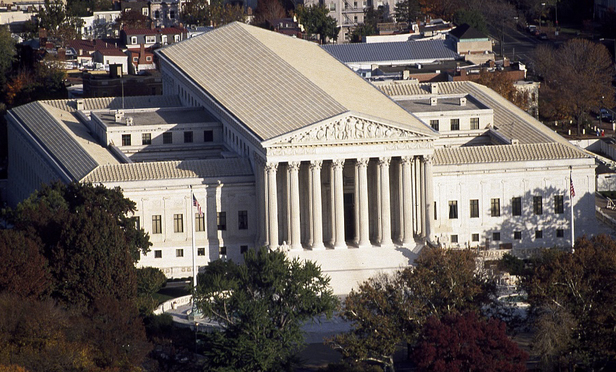In Kimble v. Marvel Entertainment, 576 U.S. ____ (2015), the U.S. Supreme Court considered whether to overturn Brulotte v. Thys, 379 U.S. 29 (1964), its 1964 decision holding that it was per se unlawful for a patent owner to charge royalties for use of a patented invention after the licensed patent has expired. In a 6-3 decision by Justice Elena Kagan, the court in Kimble concluded that it was required by stare decisis to affirm the Brulotte rule.
Petitioner Stephen Kimble had obtained a patent in 1990 on a Spider-Man-inspired toy that allowed the user to shoot “webs” made of foam string from his or her palm. After Marvel began marketing a similar product, Kimble sued for patent infringement. The case eventually settled. Under the terms of the settlement, Marvel purchased Kimble’s patent for a lump sum payment and a 3 percent royalty in perpetuity on future sales of any products covered by the patent. Though, apparently, neither party knew about the Brulotte decision during settlement negotiations, Marvel later discovered it and successfully obtained a declaratory judgment that its obligation to pay royalties to Kimble would end upon patent expiration in 2010.
This content has been archived. It is available through our partners, LexisNexis® and Bloomberg Law.
To view this content, please continue to their sites.
Not a Lexis Subscriber?
Subscribe Now
Not a Bloomberg Law Subscriber?
Subscribe Now
LexisNexis® and Bloomberg Law are third party online distributors of the broad collection of current and archived versions of ALM's legal news publications. LexisNexis® and Bloomberg Law customers are able to access and use ALM's content, including content from the National Law Journal, The American Lawyer, Legaltech News, The New York Law Journal, and Corporate Counsel, as well as other sources of legal information.
For questions call 1-877-256-2472 or contact us at [email protected]



